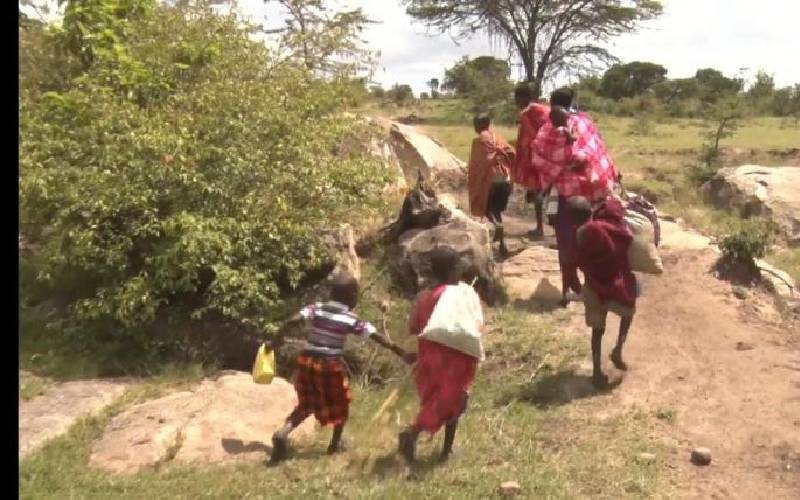×
The Standard e-Paper
Home To Bold Columnists

Kenya has increased security on the border with Tanzania in Narok, as Ngorongoro Conservancy evictees cross over.
Security personnel were deployed in Olposimoru to monitor movement of the Tanzanians, with reports of mass eviction of the Maasai community that had been residing in the conservancy.